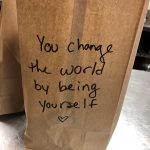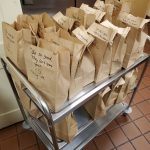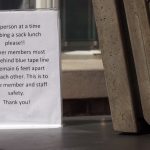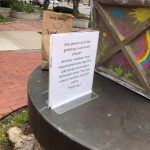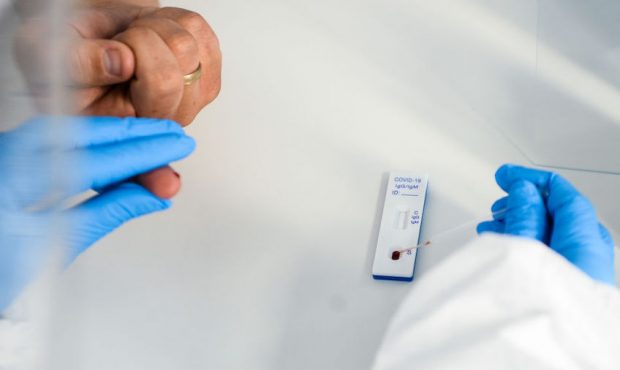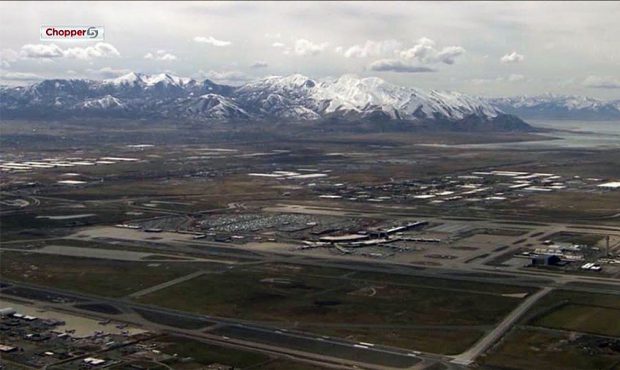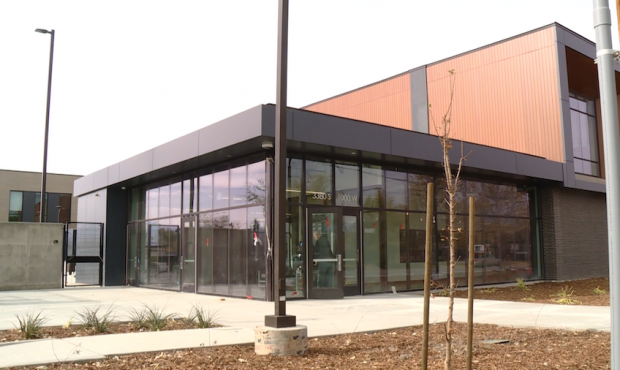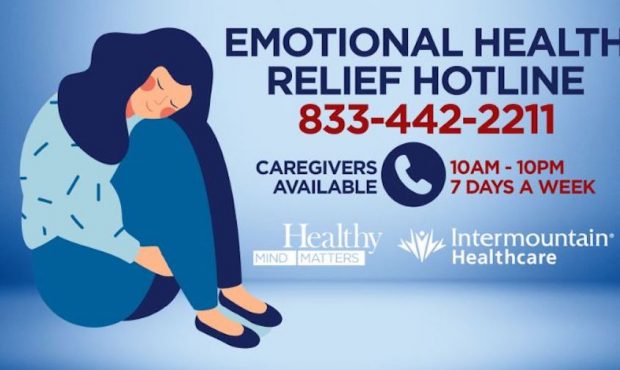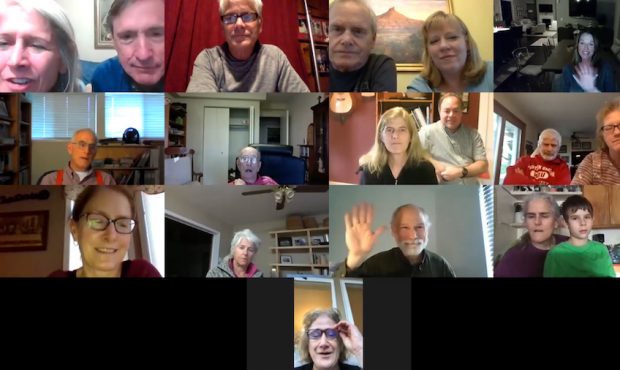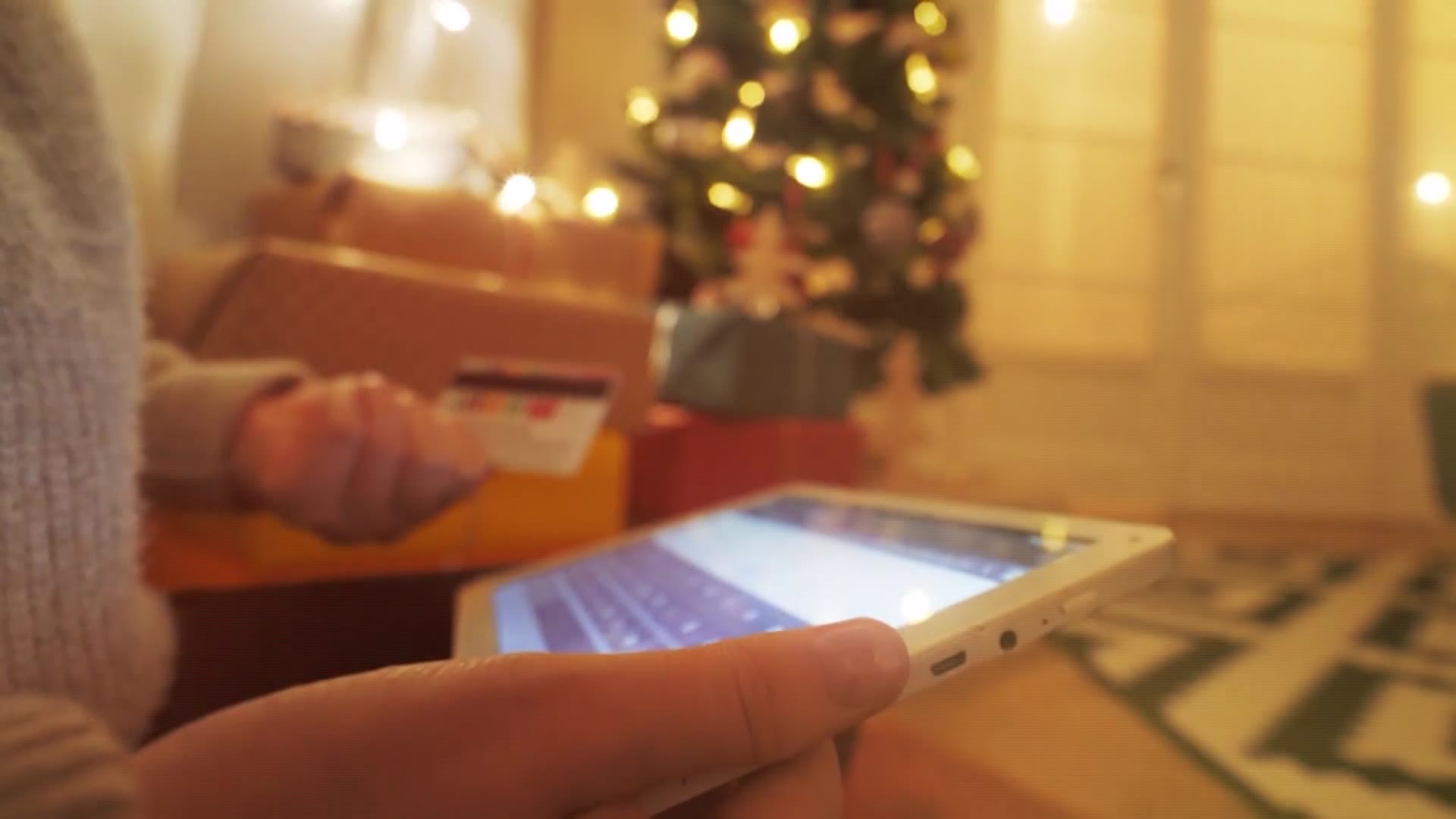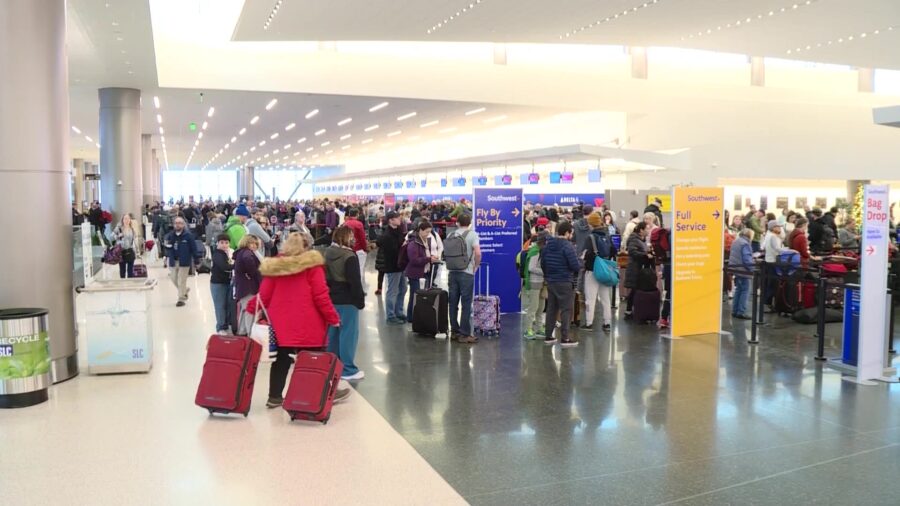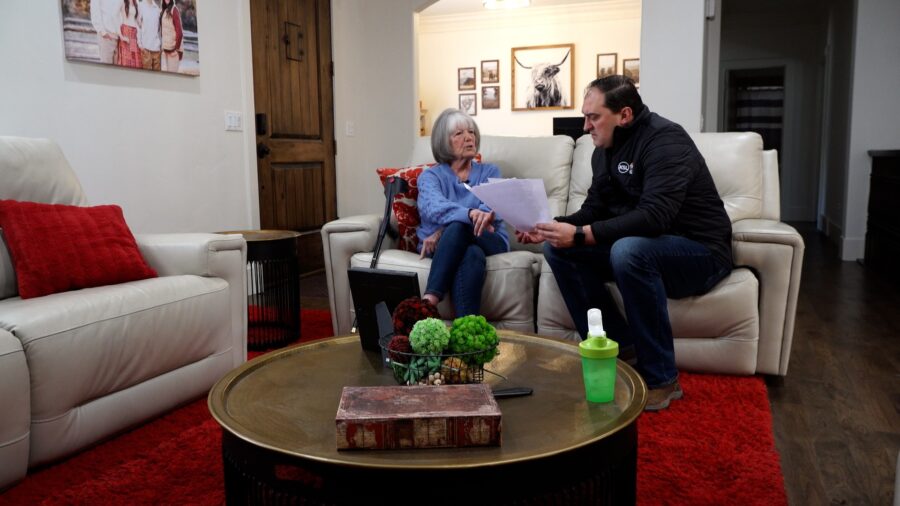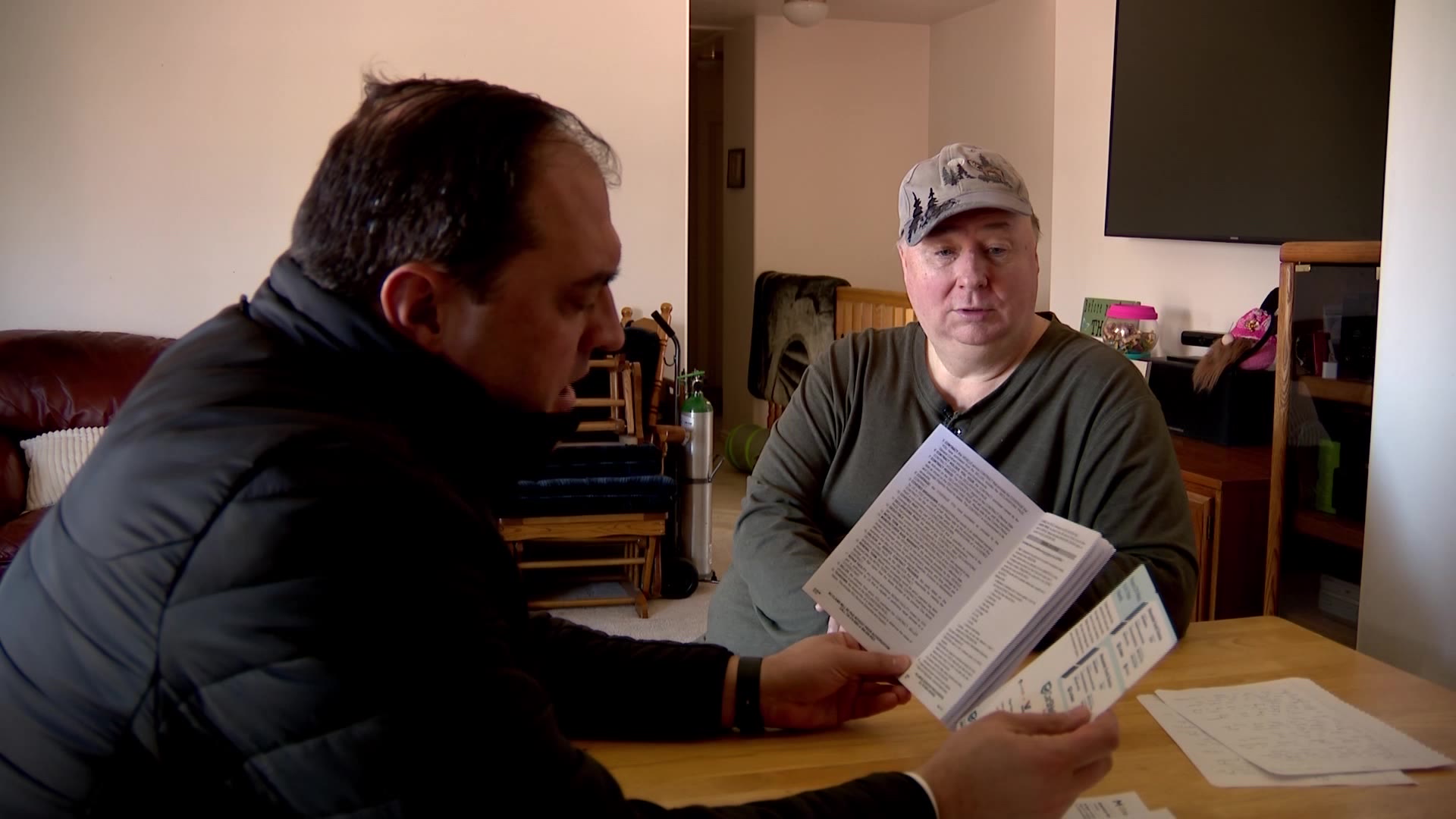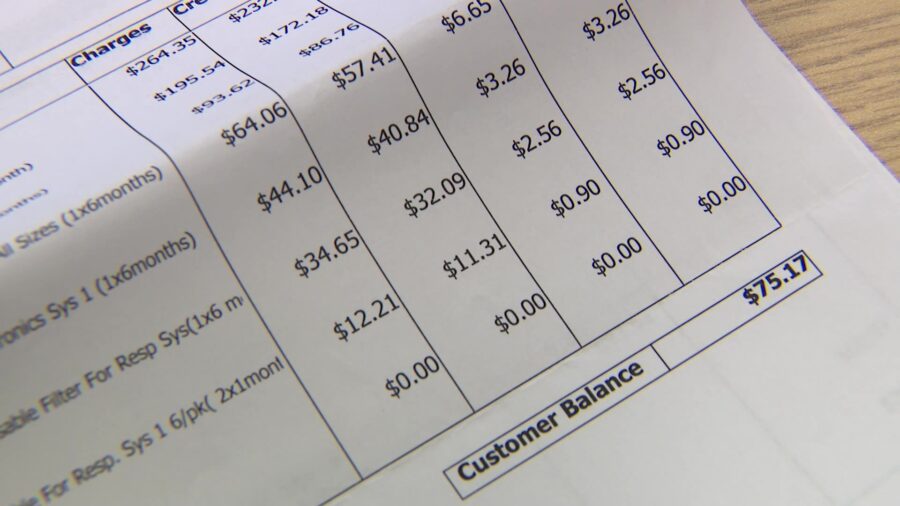Struggling with homelessness, mental health during Coronavirus pandemic
Apr 15, 2020, 7:32 PM | Updated: Feb 7, 2023, 3:26 pm
SALT LAKE CITY – Several people in the community have asked what can be done to assist the homeless populations in Utah, with many of the existing resources forced to change in the wake of the coronavirus pandemic.
Salt Lake County’s homeless resource centers have been working hard to fight off COVID-19. There have been at least four confirmed cases in the homeless population.
County officials said they have expanded screening and testing, to identify and stop the spread.
Community partners have also sought innovative ways to help those in homelessness with their mental health.
For people dealing with homelessness and mental illness – some of the most vulnerable among us – the struggle to survive is nothing new.
MORE: Staying Safe: Coronavirus
Although COVID-19 has overwhelmed headlines and altered the world as we know it, the pandemic hasn’t necessarily been top-of-mind for Christopher Mowery. When you are homeless, he said, other things take priority.
“When I was 15, I got hit by a car and had a traumatic brain injury,” Mowery explained. “Ever since then, it just caused me to be severely depressed.”
The 33-year-old grew up in Midvale.
Until recently, he was getting by on the streets of Salt Lake City – sleeping on benches or anything he could find – in order to make it through the night.
“It’s like, what did I do to deserve this? It’s very depressing,” Mowery said.
This is Christopher Mowery. A few weeks ago, he was homeless in Salt Lake. That is, until @AllianceHouse1 stepped in & helped him secure housing amid the COVID-19 crisis. Life hasn't been easy for Christopher, but he's not giving up. Hear his inspiring story on @KSL5TV at 6:30. pic.twitter.com/F5QufUnI8U
— Brittany Glas (@BrittanyGlasTV) April 16, 2020
That’s when Alliance House stepped in to find Mowery permanent housing. In fact, the organization was able to assist Mowery in obtaining housing in the middle of the pandemic.
The Salt Lake-based non-profit organization has offered assistance to adults living with mental illness since 1987.
Helping members with housing and advocacy is one of 37 standards the clubhouse model of rehabilitation is based around.
“What’s really missing for a lot of people living with mental illness is a place to go, a place where they’re seen wanted, and have reason to get out of their house during the day,” said executive director Paige Huff.
Alliance House functions as a clubhouse. “Members,” as they’re referred, participate in the program voluntarily.
“They don’t have to be here. They can come (and stay) as long as they want, or as little as they want. While they’re here, they get to choose what they’re doing,” said Huff. “They engage in tasks that are meaningful work, so that they’re able to get that sense of independence and then hopefully take that next step forward to be integrated into society.”
Members also participate in peer support groups there, too.
“The (homeless) community is our number one focus always, and their safety, and making sure everybody knows that they’re taken care of,” said Huff.
In the age of coronavirus Alliance House has moved many of their services online.
Alliance House: Serving The Mentally Ill Amid COVID-19
On March 17, Alliance House sent out a letter to members that the difficult decision was made to close the clubhouse the following day.
“The safety of members, staff, and our greater community is our social responsibility,” Huff wrote in the letter.
The clubhouse facility will be physically closed to the public until further notice. The soft closure will be re-evaluated every two weeks.
In the meantime, Huff and all other staff were still available and working, although the organization is practicing physical distancing and a number of employees are largely working from home.
All that aside, their mission to connect with their community remained the same.
“We are using social media, text and Zoom to communicate with each other,” Mowery said. “The clubhouse may be closed, but we’re still there for each other.”
Mowery said he logs into Zoom every day for a 9:30 a.m. virtual support group call. He’s even participated in Thai Chi and yoga classes online with other members.
“Every single person needs to know we’re thinking about them, we care about them and we miss them. Through that, we identify any needs that they may have,” Huff added. “Do they have food? Do they have toilet paper? Do they have a toothbrush, toothpaste, basic needs. If our members don’t have that, our staff are trained to safely take it to them (amid the coronavirus) so that those needs are being met.”
One of the most crucial needs? Lunch. A meal has been made available through pick-up and delivery only to make sure they’re eating at least one balanced meal during the day.
“Probably 90 percent of our membership are living in poverty,” Huff said.
Staff has organized shifts to prepare lunch safely, and for members to pick-up curbside.
“It shows me that I have people that really care,” Mowery said, emotional.
Homelessness Data
In 2019, more than 1,800 people experienced homelessness in Salt Lake County. Of those, 193 were unsheltered, meaning they lived on the streets, and the other 1,651 lived in shelter facilities. Much of the homeless population struggles with mental illness, just like Christopher Mowery.
According to Katherine Fife, the director of programs and partnerships for Salt Lake County, as of Friday morning, there have been two confirmed positive cases of COVID-19 in unsheltered homelessness and another two confirmed cases in sheltered homelessness.
The second positive case at the men’s resource center operated by Road Home sparked the transformation of the homeless shelter into a quarantine facility. Since then, the shelter has no longer accepted new clients and all clients inside the center at the time will be tested for the coronavirus.
Fife said community partnerships, like Alliance House, are crucial at this time.
“We have seen really everybody coming together to help [offer] solutions and to help partner in really incredible ways,” she said. “We have incredible service providers and nonprofits in our community that are not only working right now during COVID-19, but year-round. We are so lucky.”
Community relations with the homeless population have arguably improved since the COVID-19 crisis.
“To have somebody come and say, ‘How are you feeling? Are you doing all right? What do you need?’ Instead of just completely ignoring them, has really meant a lot to them and has gone a long way,” Fife explained.
As for people experiencing homelessness who do not wish to shelter during these challenging times? The county also has an answer for that: Homeless Outreach Teams made up of both a peer support specialist and now, nurses.
“They are able to ask the screening questions. They are able to take temperatures out on the streets. They are able to connect individuals with healthcare and testing as they need it,” Fife said. “It has been really, really valuable.”
Peer support specialists respond on-scene to offer emotional support.
“Frankly, to not have a home – to not have your basic needs met – is scary enough on its own. Then you put a COVID-19 scare in the mix of all of that, it’s hard to imagine what those people are experiencing on the streets,” Fife added. “We are grateful to be able to have such strong teams and resources to be able to go out to those individuals on the streets and make sure that they’re educated and have the need have the resources they need.”
Utah’s COVID-19 Emotional Health Relief Hotline
Last Thursday, Utah health officials created a statewide emotional health relief hotline designed specifically to help people struggling with their mental health during the COVID-19 pandemic.
Intermountain Healthcare launched the new, free community call-in resource in partnership with the University of Utah’s Neuropsychiatrist Institute (UNI) Crisis line, and Utah’s Department of Human Services. It can be reached seven days a week from 10 a.m. to 10 p.m. at 833-442-2211.
On Wednesday, the Utah Department of Health updated the state’s number of confirmed COVID-19 cases to 2,542 and 20 total deaths related to the virus.
According to the department, 47,614 people have been tested, and 221 people were hospitalized. For more information, visit coronavirus.utah.gov.


